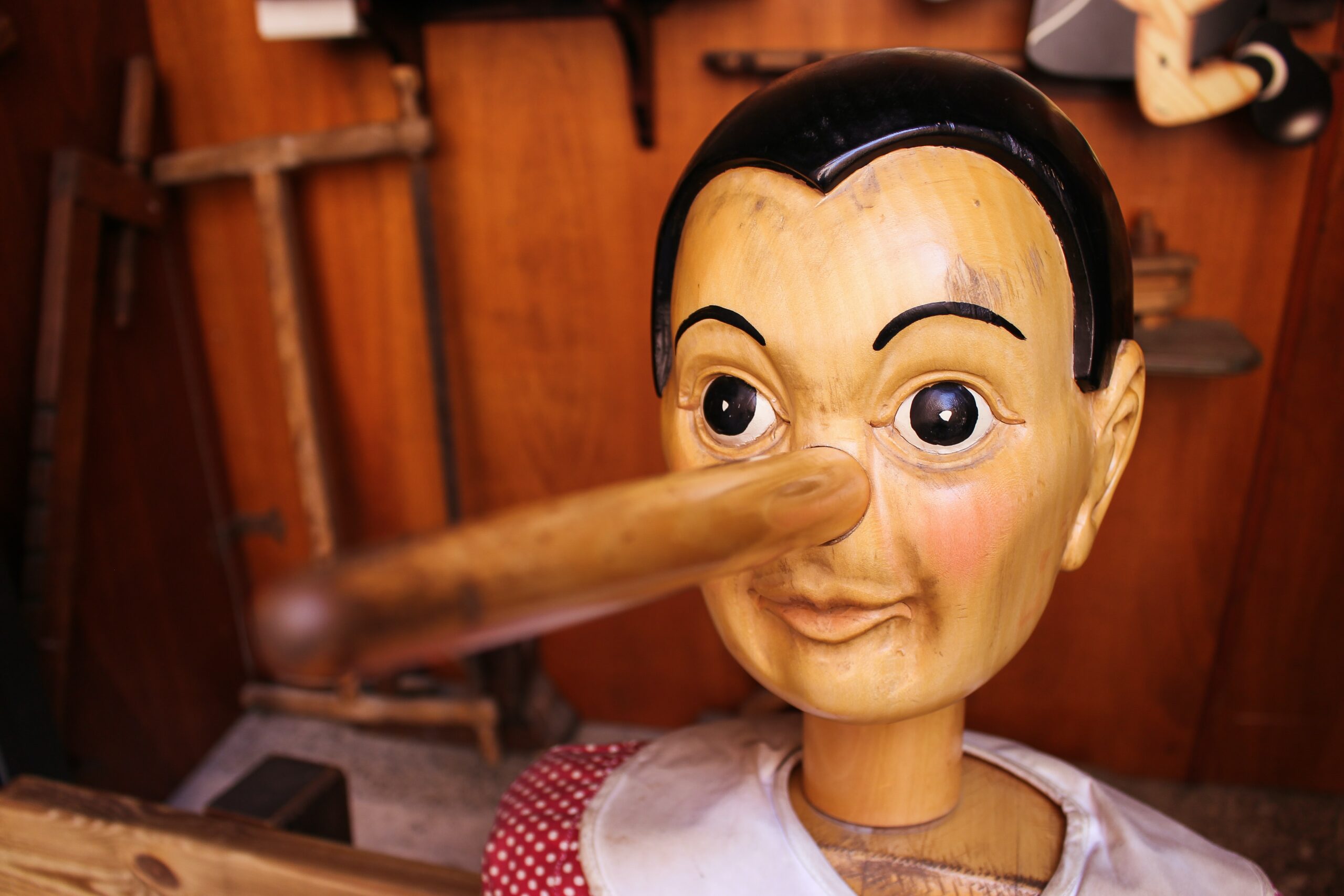Lies I Used To Believe
This post will be a little more personal than some of my others. My hope is that what I have learned can help someone else in a similar situation.
The lies I want to discuss here are all things that I believed about myself for many years. Thankfully, I am now learning to see them for what they really are.
I think it’s important to note that I don’t necessarily think these things were intentionally taught to me. Some of them weren’t even conscious thoughts. Conscious or not, however, they all held me captive until I was able to recognize and fight them.
Lie #1: “Loving yourself” is the same thing as being self-centered.
I’ve made it no secret that in the past I have struggled a lot with self-esteem and confidence. A huge part of that came from the false belief that I needed to take care of everyone else around me before taking care of myself.
I didn’t outright admit it, but I believed that if I didn’t put other people before myself 100% of the time, I was being self-centered. Additionally, I believed that taking care of oneself must mean neglecting others.
I left no room for balance, instead seeing self care and consideration for others as mutually exclusive. As a result, I suppressed my own opinions to the point that I didn’t know much about what I really liked or wanted in life.
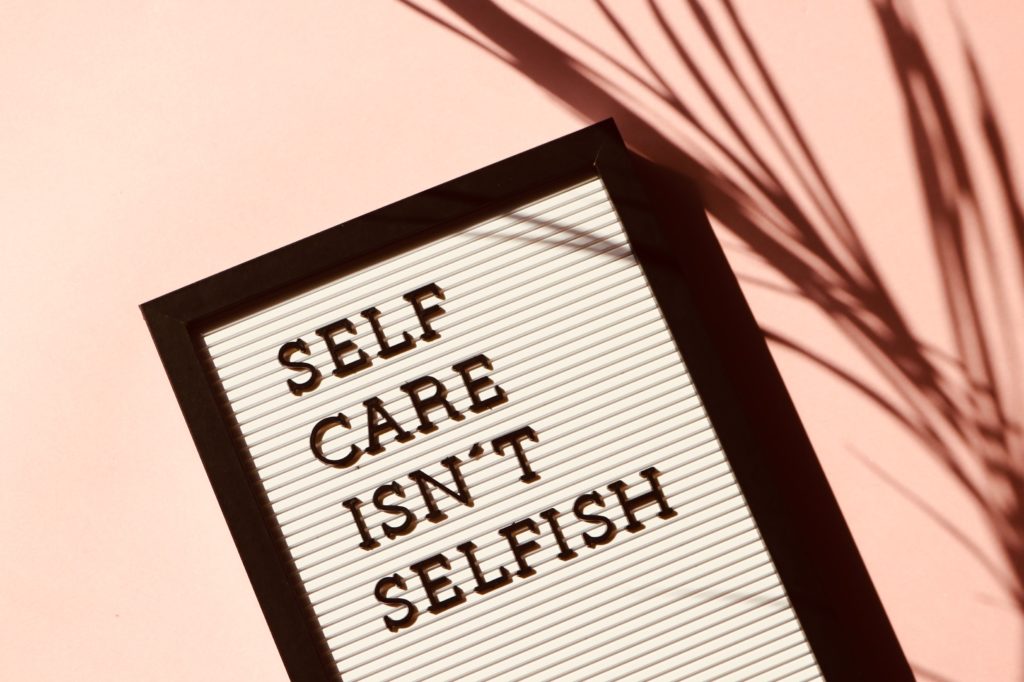
What I’ve learned instead.
Not only is putting others before yourself at all times unhealthy, but it’s also impossible. It leaves you exhausted and confused because you don’t understand why it doesn’t feel right.
Yes, caring for others and putting their needs before your wants is good, even right. But, as the saying goes, you can’t pour from an empty cup. Taking care of yourself first, and making sure you don’t overspend your emotional and physical resources, enables to you to help others more and for a greater length of time.
Lie #2: Telling people what I thought they wanted to hear would make them like me more.
This one also stemmed from the first lie, and it kept me in my people-pleasing habits for a long time. (And I’m still in the process of overcoming it, as I am with most of these points.)
As I’ve mentioned before, I spent a lot of time trying to gauge what everyone else wanted me to do, say and even think. It was exhausting, disheartening, and entrapping. I was overthinking nearly every interaction I had with another person. And, again, I was suppressing my actual thoughts and wishes.
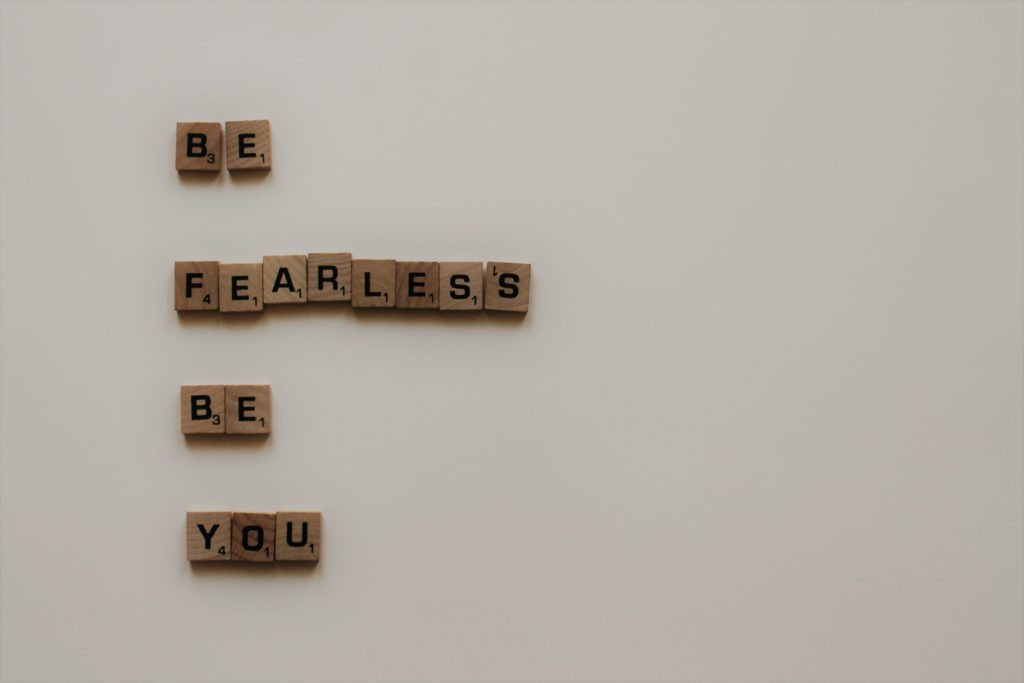
What I’ve learned instead.
We hear it all the time: just be yourself. For so long, I didn’t even know who “myself” was, let alone how to be her, because I wanted to be someone who didn’t exist. Someone whom everyone liked because she always did and said the “right” things.
But it’s far easier and happier not to constantly try to figure out what I “should” do or be. I’ve put time into learning about myself, and now I’m free to become someone whom I like, instead of worrying about what others don’t like.
Being authentic is risky and uncomfortable, but it sure does make the heart lighter.
Lie #3: “Introverted” means “shy,” and both are flaws to overcome.
One of my biggest pet peeves is the use of the word “introvert” to mean someone who is shy and quiet. Even more so when it’s used negatively. This topic is so important to me because learning about it opened up a huge floodgate for understanding myself.
I spent a lot of time disliking myself because I couldn’t seem to break out of my shell. And when other people tried to break me out, that only made me want to retreat farther. Thinking that shyness was inherently tied to my personality made me feel as though I needed to change some fundamental part of myself in order to be a “normal” person.

What I’ve learned instead.
Growing up, I was both introverted and shy. I thought the two were interchangeable, or at least two parts of the same trait. And I thought that both were holding me back from being the friendly and outgoing person others “wanted” me to be. (There’s that people-pleasing again.)
What I learned was to separate the two. Shyness can indeed be overcome through practice and confidence building. But introversion and a quiet, reserved personality are not shyness, and do not need to be “fixed.”
Now that I have a better grasp of the strengths and weaknesses that come with being an introvert, I have been able to build confidence in who I am and who I don’t need to force myself to be.
Lie #4: I was [insert negative trait here].
As you’ve probably figured out, I engaged in a lot of negative self-talk. Perhaps it was my way of trying to avoid arrogance, or perhaps it was simply unhappiness and confusion. But whatever the reason, I bought the lie that my shortcomings were part of my identity. (For example, if I didn’t accomplish the tasks I wanted/needed to, I was a lazy person.)
Of course, it’s important to acknowledge and learn from one’s flaws and failures. But instead of focusing on what I could learn, I put all my focus on what I had done wrong and how bad I felt about it. Which, naturally, made me feel even worse. And I was more prone to fail in the same ways again, because I believed I was just that kind of person. It’s a depressing cycle.
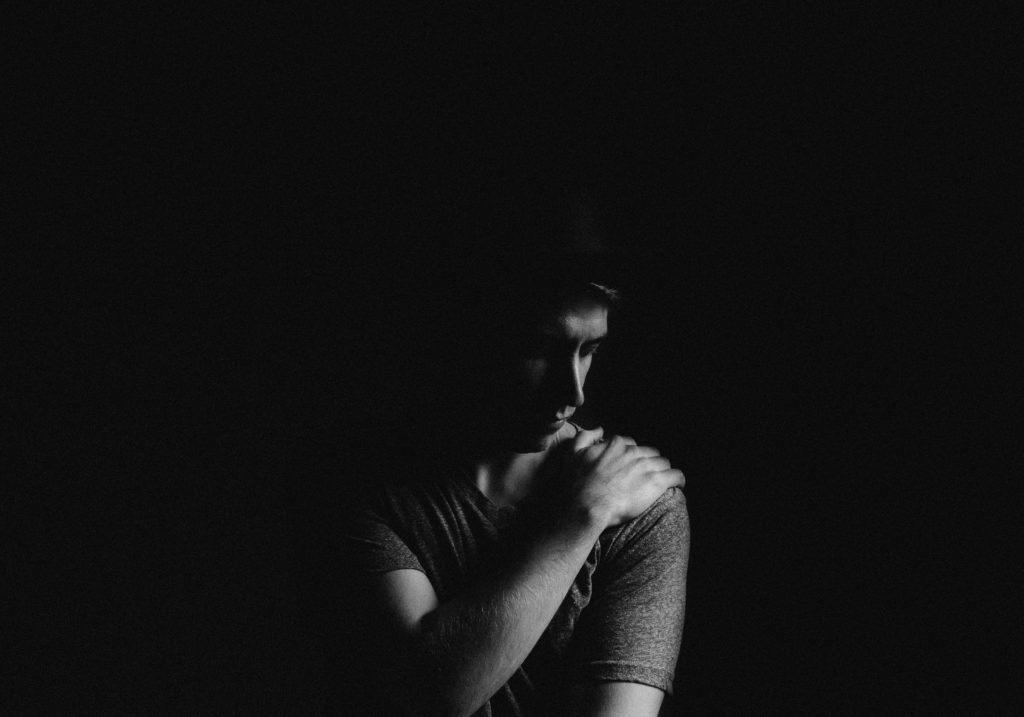
What I’ve learned instead.
I would never speak as harshly to another person as I used to speak to myself. Through learning to take care of myself, I’ve also learned to be gentle with myself and to give myself the same grace that I would give to others.
Just like I learned to separate being shy from being introverted, I’ve learned to separate my shortcomings from my identity. And that enables me to grow and improve and not make the same mistakes over and over again. I’ve been able to form healthy habits and reach more goals by cultivating a healthy relationship with myself.
Lie #5: It’s possible to have all the answers (or at least all the important ones).
I once thought I could eventually reach a point when everything would make sense. That I could arrive at a place of full understanding and be able to offer others definitive answers about life.
At the same time, I also used to think that I did know many of the the important answers already. I clung to certain things I had always been taught without evaluating them for myself.
And, because of these beliefs, I was afraid of being asked a question or facing a situation for which I didn’t know the answer. I felt that saying “I don’t know” would be an admission of weakness or even failure.
Once again, I trace this back to wanting to make others happy. I wanted to believe and say the “right” things and avoid conflict.
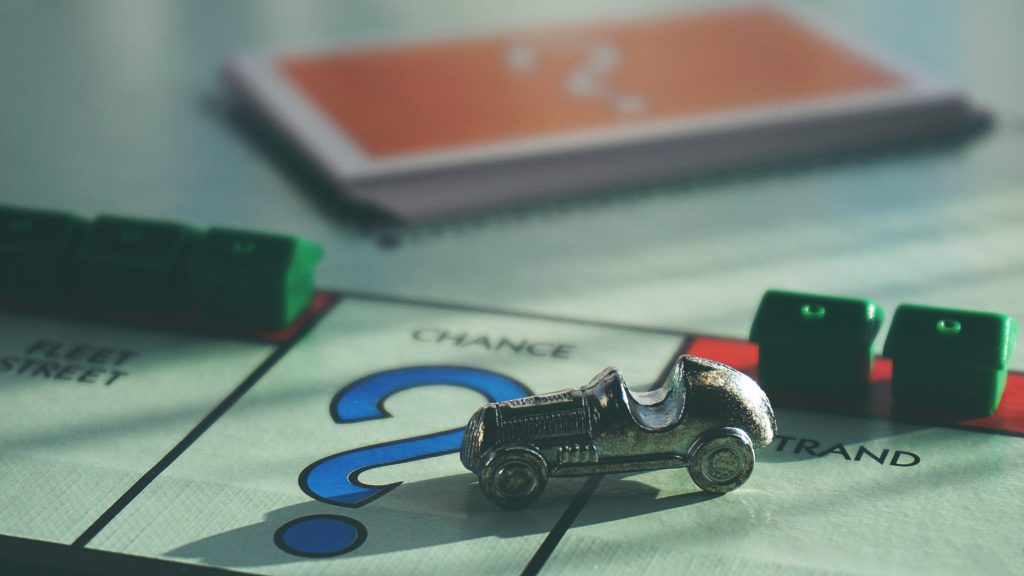
What I’ve learned instead.
Once again, it boils down to the importance of understanding myself. I didn’t know who I was, and so I didn’t really know what I believed about the world. (Hence believing so many lies about myself.)
As I learn to understand myself better, I also learn to understand the world around me, and to define my own beliefs and opinions. But instead of drawing closer to a place of knowing all the answers, I find myself uncovering more and more questions.
I think this is one of the most important lessons I’ve learned in life: to embrace not knowing. To move forward in uncertainty, and to do the best I can with what knowledge and understanding I have, and to ask questions without expecting or needing a definitive answer. Our world is incredibly vast and diverse, and some of the most beautiful parts of it are also the most mysterious.
Defeating the lies.
The thing about these kinds of lies is that they’re all intertwined. That’s why they tend to pile on top of each other. But it also means that once you start unraveling one, all the others come tumbling out into the light as well.
There’s no one-size-fits-all cure for every lie a person may face, but I can identify a few things that seem to have helped me the most.
The first was getting out into the world and letting my worldview be challenged. I listened to people from different backgrounds and shared my experiences and ideas with them as well.
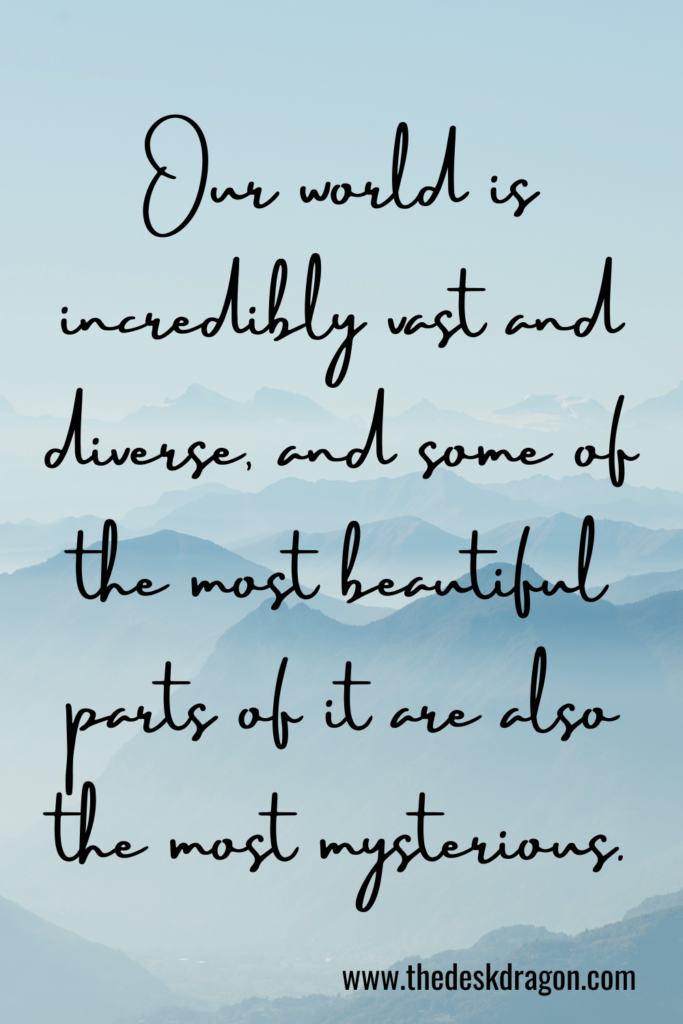
The second thing was listening to myself. I started getting to know myself on a deeper level, and asked myself questions about what I think and why. I stopped trying to force everything into simple, black-and-white labels, and I realized that nuance and complexity are both beautiful and freeing.
Of course, as with most things in life, it’s a continuous process of learning and growing. But that’s the exciting part: there’s always more to learn, more to experience, more to love.
What lies have you uncovered in your own journey of self-discovery? I’d love to hear from you.

